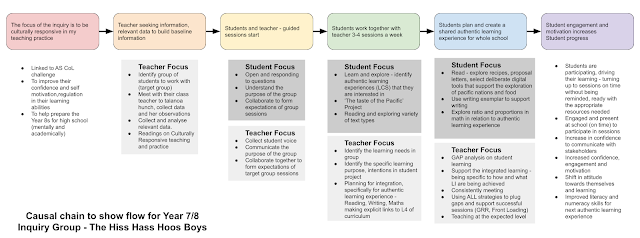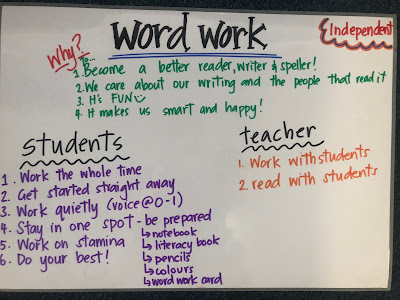2022 Inquiry - The domino effect
The domino effect A causal chain is like the domino effect, if I make one change then I hope the rest will follow, you push the first domino over and the rest just topple down afterwards The focus of my inquiry is How can I support my Year 8 students transition into Year 9 and achieve success? What changes in my teaching practice are going to lead to this change Professional readings and research Collecting & analysing data - Observing what is currently happening in our setting that supports the transition for our Year 8 learners Observing Year 9 habits and movements Student Voice - worries and concerns for our Year 8s heading into Year 9, tips and advice from Year 9s for our Year 8s End of Year data for current year 9s. This will be compared to this year's end of year data. Use the comparative data to identify patterns and students who achieved accelerated progress. Start the conversations of high school now! Don't wait for term 4. Be proactive in Y...


